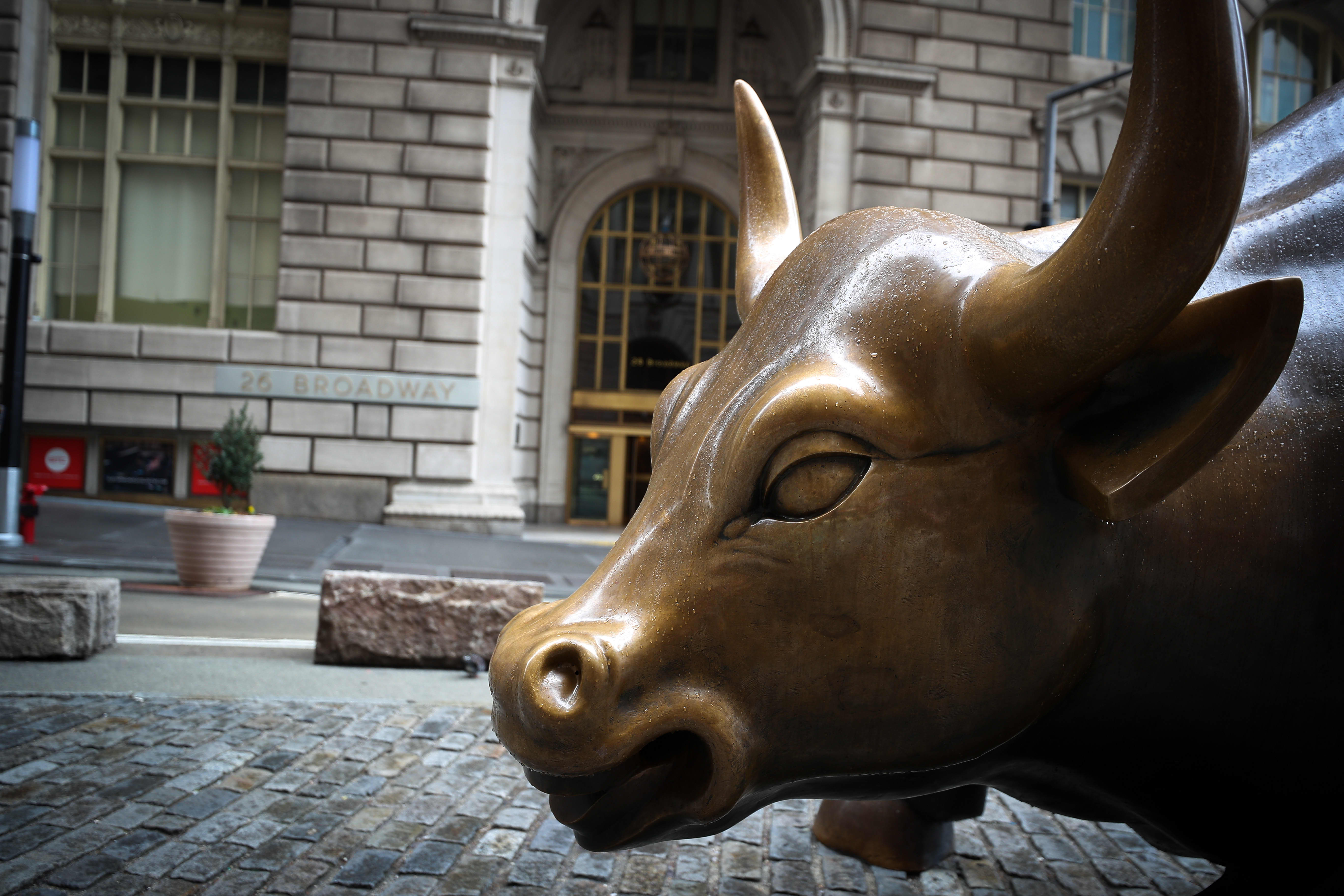Investors who are seeking to capitalize on the stock market’s recent steep declines must be disciplined, Bank of America Vice Chairman Keith Banks said Tuesday.
“I think a lot of people are trying to get clever and time the market,” Banks said on “Squawk Box.” “The reality is, it’s time in the market, not timing the market.”
Banks said the kind of coronavirus-driven market volatility seen since mid-February draws the attention of investors. But attention doesn’t necessarily lead to fine-tuned decision-making, he added. “There’s this gravitational pull when the markets are gyrating around, people want to sell when the market is getting hit really bad or they think they’re missing it when markets start to go up a lot, and you tend to do the wrong thing at the wrong time.”
Dow futures were pointing to an over 200-point drop at Tuesday’s open, the final day of the turbulent first quarter. The Dow Jones Industrial Average rose 3% on Monday — up over 20% from its coronavirus sell-off low hit on March 23 but still off 24.5% from last month’s record high. The Dow was tracking for the worst month since the 2008 financial crisis and the worst quarter since 1987.
At this time, Banks said he’s advising clients to begin adding risk their portfolio and return to “a more normalized level of equity exposure.” He said that large cap U.S. stocks are his “first choice as far as where money should be going.”
“There’s a scarcity of growth. There’s a scarcity of yield. There’s a scarcity of safety,” said Banks, also head of BofA’s investment solutions group. “So we’re trying to find within the U.S. those sectors that would give you those types of exposures. Whether it’s finance, health care, tech on a barbell standpoint.”
But most important for investors is patience and having a big-picture mindset, Banks argued, leaning on history to demonstrate the value in staying in the market. ”If you go back to 1930, if you had just stayed exposed to the equity market, your returns would have been around 15,000%,” he said. “If you missed the top 10 performing days of each decade over that period, your returns would be 91%.”
“Again, that’s why we’re saying have a long-term perspective. Be disciplined,” he said. “Just build your way back to what a longer-term equity exposure would be for you.”
